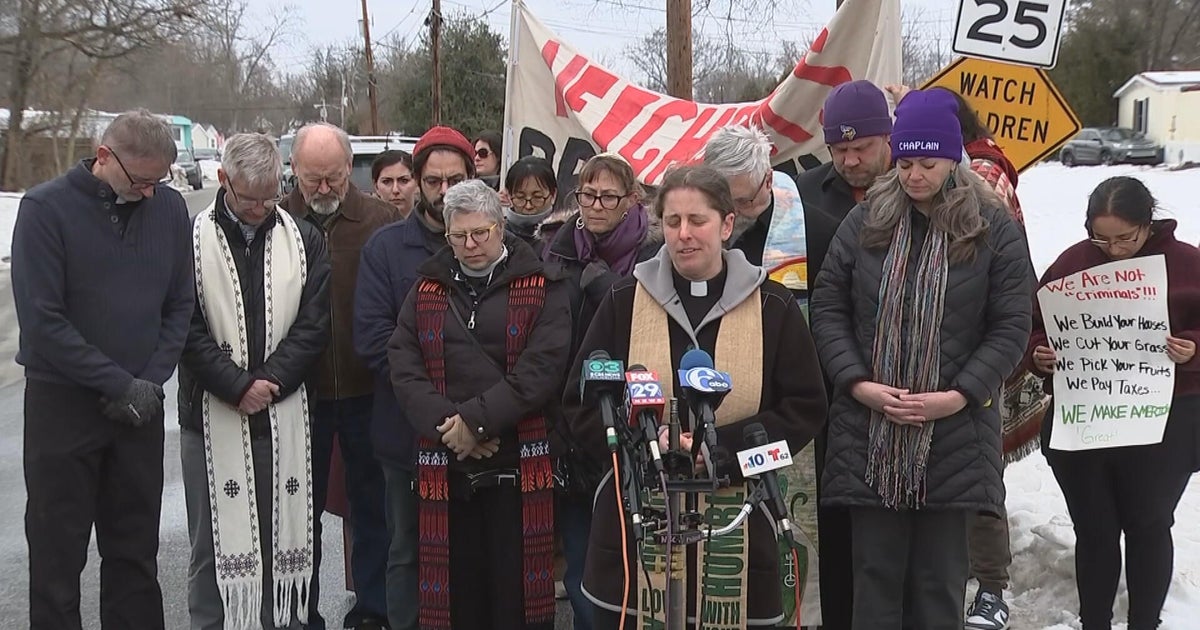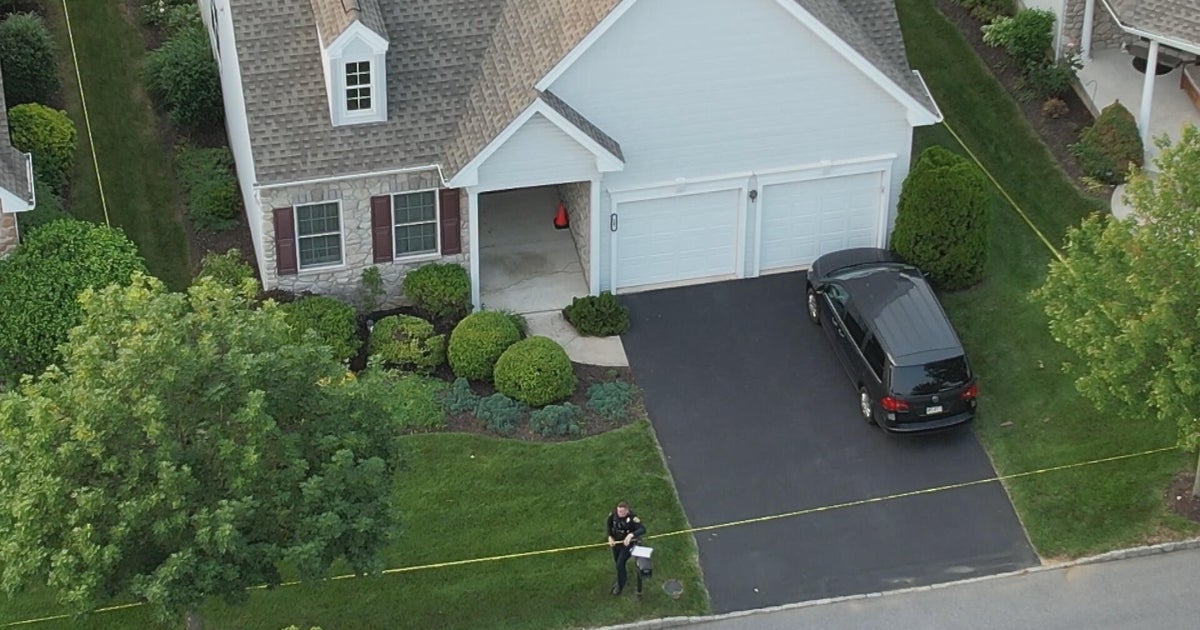Spraying Continues In Effort To Contain West Nile Virus
WAUKEGAN, Ill. (CBS) - Officials were spraying to kill mosquitos in Skokie on Wednesday, as part of a continuing effort to contain the spread of the West Nile Virus.
CBS 2's Marissa Bailey reports August is prime time for mosquitos, and if you're sitting home thinking that you haven't seen many mosquitos around, experts say they're out there and you should take precautions.
In north suburban Skokie, where two people have been put into nursing homes after being becoming ill from the West Nile Virus, local leaders are saying close up your screen doors and windows to keep mosquitos out.
Throughout the past three weeks, the North Shore Mosquito Abatement District has seen 90 percent of the mosquito samples its collected test positive for West Nile Virus.
So far this year, there have been at least 12 confirmed human cases of West Nile, including two cases in Skokie.
"Our main point is to remind people that it's still out there, and that they should not let their guard down," said Skokie Public Health Director Dr. Catherine Counard.
Dusk and dawn are prime time for mosquito activity. Experts say you should check your own back yard for possible breeding sources for mosquitos.
The bloodsuckers thrive in stagnant water, so you should eliminate any standing water in pet dishes, bird baths, children's toys, buckets, empty tires, or other places where water can pool and grow stagnant.
Officials said, if you leave your garbage can lid flipped upside down for a few days, it can become a breeding ground for mosquitos. So turn it over, clean it out, and close it up.
Meantime, Lake County reported its first confirmed human case of West Nile since 2010.
A 68-year-old Buffalo Grove man tested positive for West Nile encephalitis, according to the Lake County Health Department. He was hospitalized, but has since been released.
It takes about 3 to 14 days for symptoms of West Nile Virus to develop. When going outdoors, people should use insect repellant, especially around dawn and dusk when West Nile mosquitos are most active. Officials also advise wearing long sleeves and pants to avoid mosquito bites.
Doctors said the very young, the elderly and those with compromised immune systems are usually the most at risk of becoming sick from West Nile. Most people who contract the virus don't suffer any symptoms.







